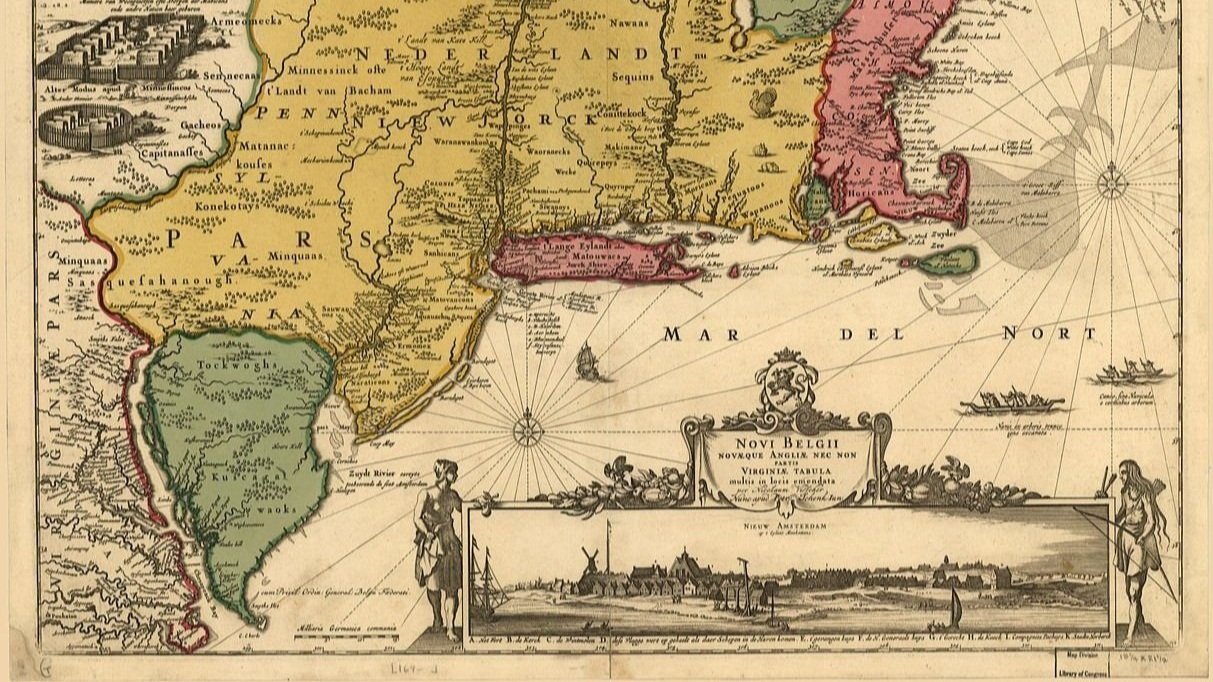
An introductory course for community college students
I’ve designed this course to get new and returning college students interested in global history before the time periods that we learn the most about from our high school classes and our media environment. These tend to teach history from the year 1776 on, and focus upon the US. This course teaches early modern global history from the 1415 founding of the Portuguese empire to 1776. It features a great deal of material on North and South American colonies, and thus can serve as an education in proto-US history to 1776, but that education is always and everywhere figured contextually with a global point of view in mind.
As is proper of an introductory course, it focuses upon reading and writing skills. In our global world, inferring the pronunciation of foreign words and the language from which they originate is an essential skill. Persuasive writing, as well, is a universally necessary skill for all white-collar jobs and plenty of other work besides. The course therefore concludes with a modest paper alongside an exam, and involves several smaller writing exercises, narrowly targeted at different skills: paragraph and sentence structure; use of linking words from clause to clause and sentence to sentence; construction and delivery of a persuasive argument rooted in the factual world; and methods of referring to that factual world, such as citation of sources.
The course begins with light readings along the lines of the early chapters in People’s History of the United States, and also delivers a geographical education early on in the geopolitics of the global late Middle Ages. From there, students learn about each of the mighty maritime empires - Portugal, Spain, France, the Netherlands, and Great Britain - and about the less globe-trotting states against which these vast enterprises competed. Native American polities will not be given short shrift, both north and south of the Equator.
The end of the course looks ahead, briefly, past 1776 to the effects on US history of the many events surveyed in it. It also foreshadows the rise of new late comers to maritime empire such as Napoleon, and Japan in the Meiji period.